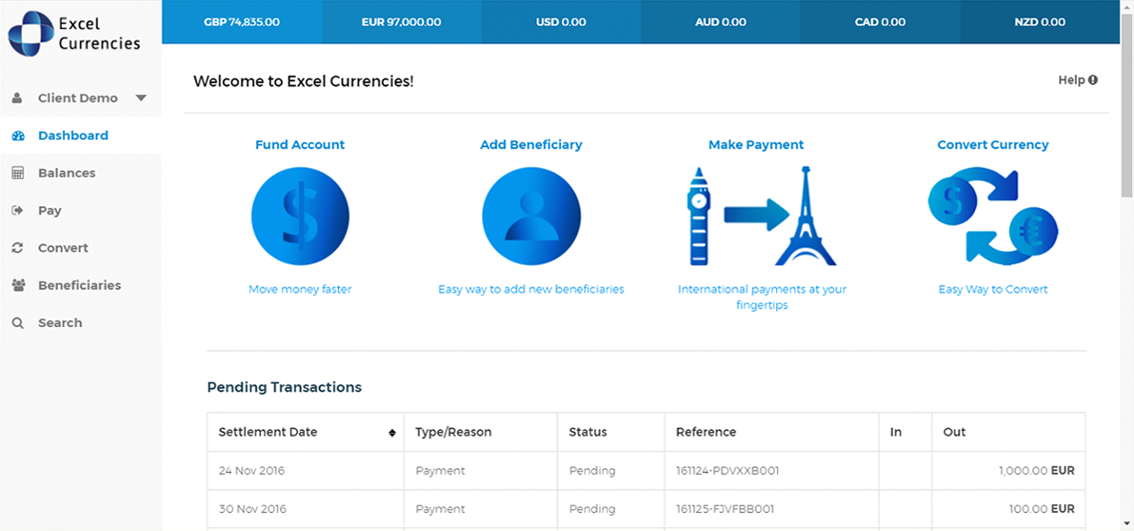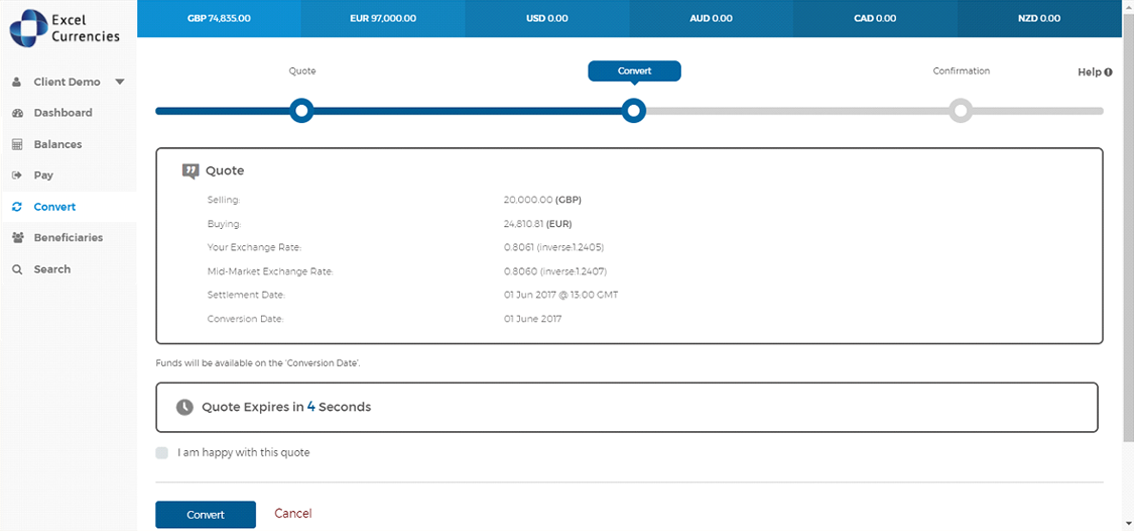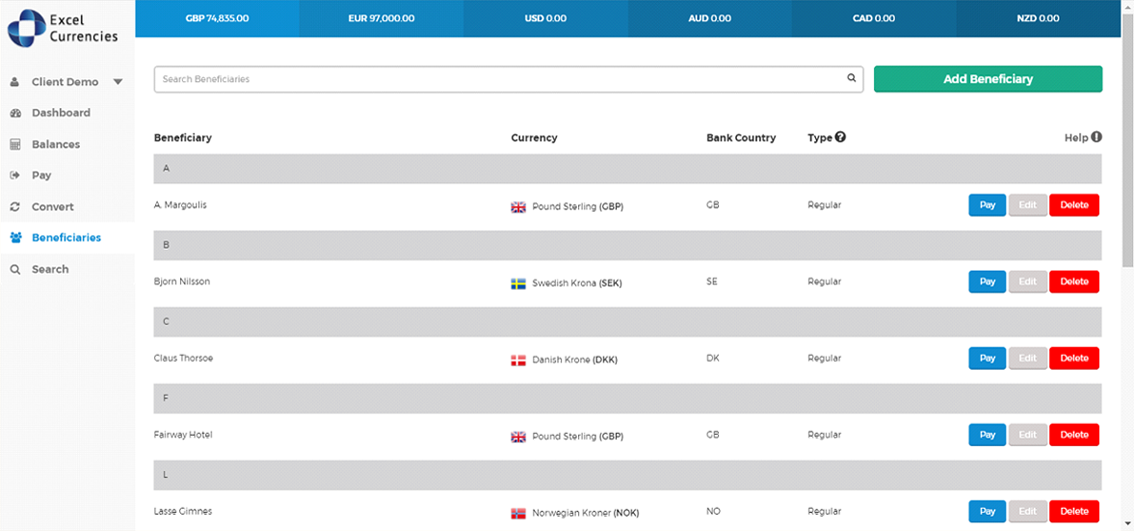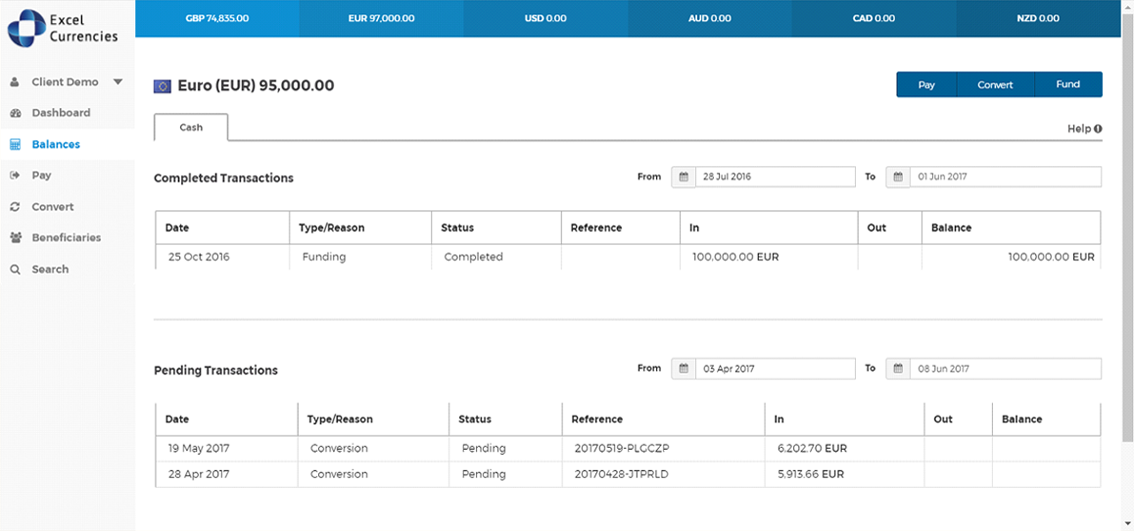Our accounting partner highlightes the difference in Financial & Managment accounts..
There are many different types of accounting that a business can do to stay on top of its finances. For instance, there are financial accounts, which are a set of documents that provide an overview of a business’ financial performance.
Management accounts are another way of assessing performance, and these can often get confused with the afore mentioned financial accounts. Let’s take a look..
7 Key Differences Between Financial Accounts and Management Accounts
What They Are Used For
The first difference between these two sets of accounts, is the reason they are made. The key thing to remember here is that financial accounts are often made for external stakeholders and are used to showcase the position and performance of a company’s finances.
Management accounts on the other hand are often created with the aim of using them internally. They aren’t created to show a financial position, but rather to be used for information for people within the business so they can make informed decisions and gain a strong insight on the way their business is being run.
Both do have similar uses in some areas, such as in loan applications, but in the long run the key variations are what set them apart.
How Often They Are Created
The timescale that both sets of accounts are created and assessed also varies, with financial accounts often covering a longer timescale. As management accounts are used to assess business matters internally, there is much more scope to do these more regularly, and these are often done on a monthly, or even a weekly basis.
This is different to financial accounts which are often seen covering longer financial periods and may be done quarterly or annually to provide a much broader overview.
What is Contained in Them
The next big difference is the content of the accounts. As financial accounts cover a broader spectrum and are used to show the overall financial position of a business, the documents used inside them are often different to management accounts, which may be more focused and specific, depending on the business needs.
Financial accounts often use reports such as overall revenue, expenses, and liabilities, and this is often presented in a professional format and has to adhere to the international accounting standards. Management accounts can contain anything the business wants, including KPIs and other financial documents.
These are used to help guide the business, so can be focused on certain departments or aspects of the business that need to be assessed.
Who They Are Created For
We’ve touched on this already, but the people who you are making the accounts for also differs with the two different types. Financial accounts are made to be viewed by people outside your immediate team.
This may be people who have a limited understanding of the day-by-day aspects of the business, but would like to see how it is performing, such as investors and lenders. Management accounts, on the other hand, are made to be used by the key decision makers within a business.
This means that they are not made to be seen by any external party, and rather by people who know the business inside out and have the authority to use the information gathered to make informed changes.
The Use of Estimations
One thing management accounts may contain that financial accounts won’t is estimations. The purpose of financial accounts is to report on the performance of a business over a set period of time.
This means that these will contain facts and figures over this period, but not predictions for the future. Management accounts on the other hand may use estimations, assumptions, and forecasting to predict what the future will hold based on the figures in the accounts.
This difference is due to the varied uses of each of these accounts. As management accounts are used to help make decisions for the future, adding in some forecasting is a big help and can add an extra benefit to your documents.
The Depth of Information
How deep your reports dig into a business is also a key difference between management accounts and financial accounts. Financial accounts tend to report on information at a high level of aggregation.
This means they focus on the overall revenue and expenses of a business, and don’t often go into too much detail into other aspects. Management accounts do go into much deeper detail though, and often report on information at more of a ground level.
These accounts can look into staff turnover, average order value, and more, which are often seen as too granular to be contained in financial accounts.
Presentation Structure
We’ve touched on the accounting standards earlier in this article, and these lead to financial accounts being presented in a structured and professional manner. The data has to be shown in a way that is acceptable to all standards and that showcases all information clearly to external stakeholders.
As management accounts are used internally, they can be presented in any way that works for your business. As long as the people who see the information can make their decisions and gain the needed insights then any way you would like to showcase your accounts is fine.
As management accounts are assessed more frequently than financial accounts, finding a way of presenting them that is efficient can be a big help in the long run.
For help with your accounting needs and to see a quick transparent price list from our partner, please fill out the section to the right and they will be in touch with you shortly.

 Twitter
Twitter Facebook
Facebook linkedin
linkedin Google
Google








